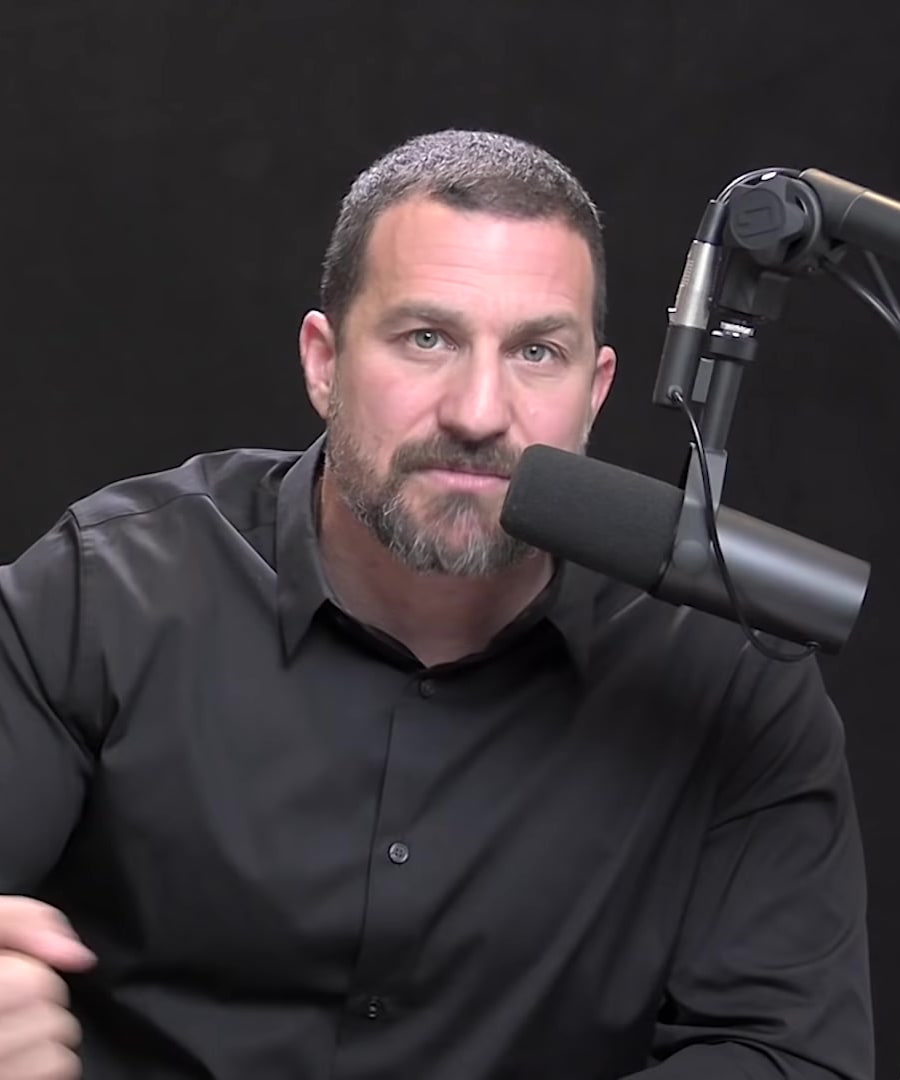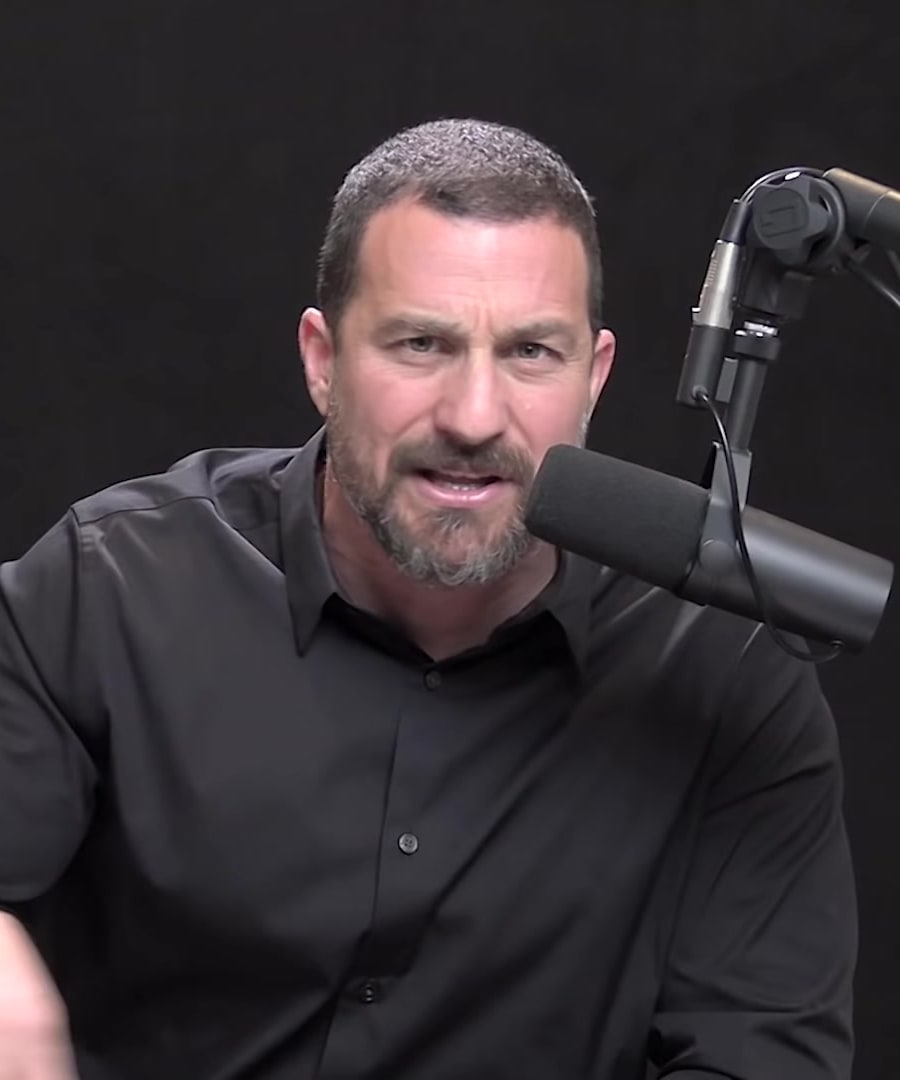How to manage anxiety?
Sources:
To manage anxiety, there are several strategies discussed on the :
-
Refining Thinking: Anxiety can lead to quick, not necessarily correct, conclusions. It is beneficial to channel anxiety toward creativity and productivity, which can lead to greater achievements 1.
-
Stress Capacity Management: Managing stress involves raising our stress threshold. Techniques like breathing exercises, cold showers, or high-intensity exercise can help relax the mind while activating the body, building resilience to stress 2.
-
Monitoring Caffeine Consumption: Caffeine can impact anxiety levels. Awareness of caffeine intake and managing any subsequent withdrawal effects can help maintain balanced energy and avoid anxiety spikes 3.
-
Exposure Therapy for Anxiety Disorders: People with generalized anxiety disorder or PTSD may benefit from exposure therapy. It involves reliving the traumatic event or experiencing cues that predict trauma without the trauma itself to build new, competing memories that alleviate fear and anxiety 4.
Remember to approach these techniques and any treatment for anxiety with the guidance of a healthcare professional.
RELATED QUESTIONS-
Tell me more about breathing exercises for anxiety.
Sources:
Breathing exercises are a pivotal tool for managing anxiety as discussed by on the . Here are some techniques mentioned:
-
Physiological Sigh: This double inhale-exhale pattern quickly calms the body by reinflating collapsed sacs in the lungs and eliminating excess carbon dioxide. A physiological sigh consists of a double inhale through the nose—where the second inhale sneaks in just a little bit more air—and then a long exhale through the mouth. It's the fastest known way to calm the stress response in real time 1.
-
Rhythmic Breathing: Controlling your breath and engaging in rhythmic breathing, even under stress, can help you maintain emotional control and a sense of calm. This technique involves alternating between inhales and exhales in a rhythmic pattern. It can be especially effective in stressful situations like cold exposure and may have broader implications for handling stress in daily life 2.
-
Immune-Boosting Breathing: For this technique, you take 25-30 breaths, exhale, hold your breath for increasing intervals, then take a big inhale and hold it until the impulse to breathe. This breathwork can activate the immune response to help combat infections, though it is crucial to check with a healthcare professional to ensure it is right for you 3.
Implementing any of these breathing techniques can be useful in moments of anxiety, but it is essential to approach them with care, especially if you have pre-existing conditions like anxiety attacks, where some forms of breathwork may not be suitable. Always consult with a healthcare professional before starting a new stress management routine.
RELATED QUESTIONS-
How to manage anxiety?
- RELATED QUESTIONS
Tell me more about breathing exercises for anxiety.
- RELATED QUESTIONS






